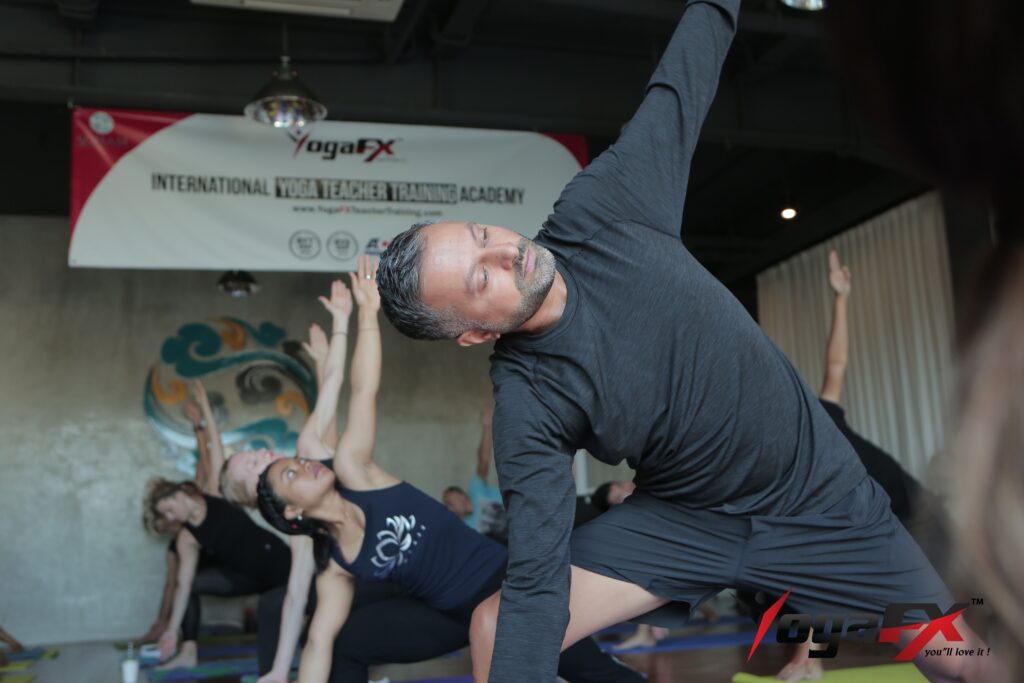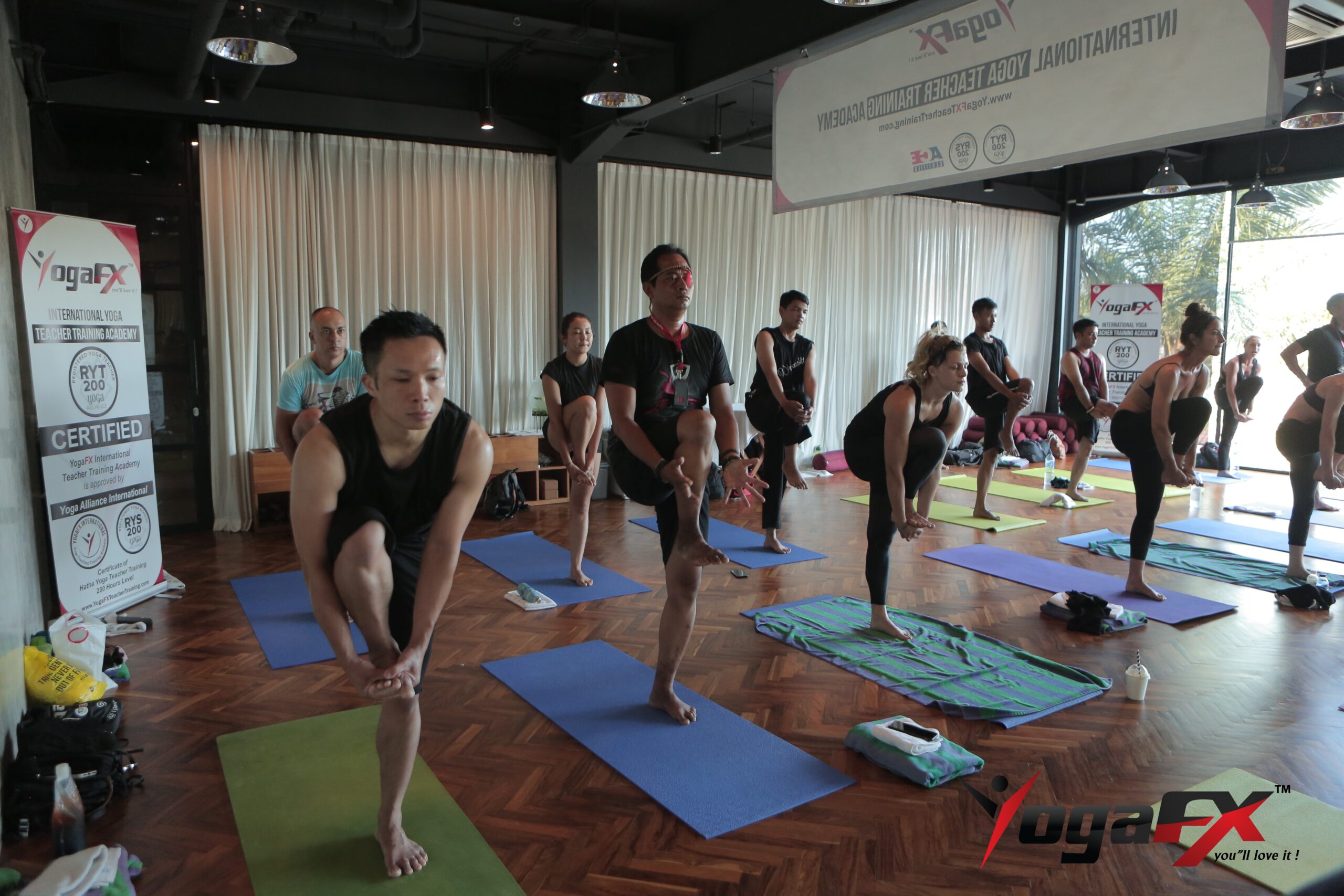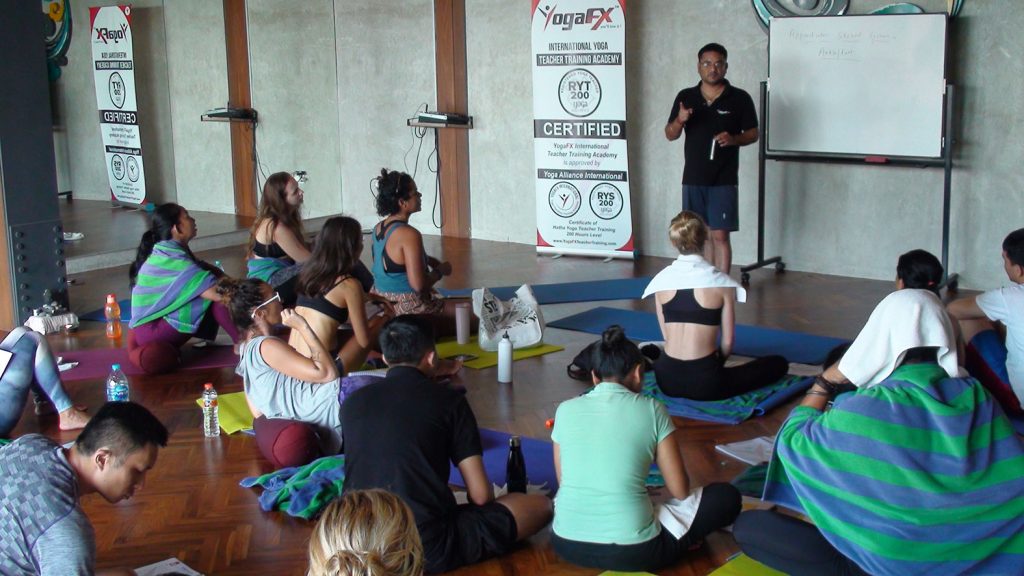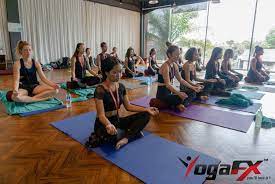Discover the distinct benefits of hot yoga versus regular yoga as we delve into the remarkable advantages each practice offers for your physical, mental, and emotional well-being. While both hot yoga and regular yoga share common principles and contribute to overall health, they differ in their approaches and the effects they have on the body. In this article, we will explore the specific benefits of hot yoga and regular yoga, highlighting the unique advantages of each practice. By understanding these distinctions, you can choose the style of yoga that best aligns with your preferences and goals, and ultimately enhance your yoga journey. Let’s dive into the benefits of hot yoga versus regular yoga and uncover the transformative power they hold.

Benefits of Hot Yoga
Hot yoga, often referred to as Bikram or 26 and 2 yoga, takes place in a heated room, typically maintained at 95-105°F (35-40°C) with a higher humidity level. This heat-based practice offers a range of benefits that are unique to hot yoga:
1. Increased Flexibility and Range of Motion:
The heat in hot yoga allows for greater muscle elasticity and pliability, leading to increased flexibility and improved range of motion. As the body warms up, you can safely deepen your stretches and explore new boundaries in your practice. The heat also helps to relax muscles, enabling you to go deeper into poses.
2. Detoxification and Cleansing:
The intense heat and sweating in hot yoga facilitate detoxification and cleansing of the body. Sweating helps eliminate toxins and impurities, promoting a sense of purification and rejuvenation. This detoxifying effect can leave you feeling lighter, more energized, and with clearer skin.
3. Enhanced Cardiovascular Health and Calorie Burn:
The combination of heat and dynamic movements in hot yoga elevates your heart rate, providing a cardiovascular workout. This can help improve your cardiovascular health, increase circulation, and promote calorie burn. The challenging nature of hot yoga poses, coupled with the heat, intensifies the workout and enhances muscle endurance.
4. Improved Mental Clarity and Focus:
The focused breathing and mindfulness cultivated in hot yoga help improve mental clarity and concentration. As you navigate through the intense practice in a heated environment, you develop mental resilience, focus, and the ability to stay present. This can extend beyond your yoga mat, enhancing your ability to focus in daily life.
“When You Change Your Thoughts, Remember To Also Change Your World”
Benefits of Regular Yoga
Regular yoga encompasses various styles such as Hatha, Vinyasa, Ashtanga, and Yin, and is typically practiced at room temperature or in a non-heated environment. The benefits of regular yoga include:
1. Building Strength and Endurance:
Regular yoga classes incorporate a variety of poses that target different muscle groups, helping to build overall strength and endurance. Through consistent practice, you develop functional strength, improve muscle tone, and enhance your body’s ability to perform daily activities with ease.
2. Improving Balance and Stability:
Regular yoga practice focuses on balance, stability, and proper alignment. By practicing standing poses, inversions, and balancing postures, you strengthen your core muscles, improve balance, and cultivate stability in both body and mind.
3. Promoting Mindfulness and Inner Peace:
Regular yoga practice emphasizes mindfulness, breath awareness, and meditation. This promotes a sense of calmness, inner peace, and stress reduction. By connecting breath with movement, you learn to stay present and cultivate a deeper connection with your inner self.
4. Enhancing Flexibility and Mobility:
Regular yoga practice increases flexibility and improves joint mobility. Through gentle stretching and conscious movement, you gradually expand your range of motion, release muscle tension, and improve overall flexibility. This can lead to improved posture, reduced risk of injuries, and enhanced physical performance.

Distinctions Between Hot Yoga and Regular Yoga
While hot yoga and regular yoga share common foundations, there are distinct differences between the two practices:
1. Temperature and Humidity:
Hot yoga is practiced in a heated room, whereas regular yoga is typically practiced at room temperature. The heat in hot yoga promotes sweating and detoxification, while regular yoga allows for a more moderate and comfortable practice environment.
2. Intensity and Level of Physical Exertion:
Hot yoga is known for its intensity and physical challenge due to the combination of heat and demanding poses. Regular yoga can vary in intensity, allowing for a more gentle or vigorous practice depending on the style and level of the class.
3. Focus on Detoxification in Hot Yoga:
Hot yoga places a specific emphasis on detoxification through heat-induced sweating. Regular yoga focuses more on the holistic benefits of mindfulness, breath awareness, and alignment.
4. Types of Poses and Sequences:
Hot yoga follows a specific sequence of 26 poses and 2 breathing exercises, while regular yoga offers a variety of poses, sequences, and styles, allowing for more versatility and creativity in your practice.
Choosing the Right Practice for You
Selecting the style of yoga that suits your preferences and goals is a personal choice. Consider the following factors when deciding:
1. Goals and Preferences:
Identify your goals, whether they are centered around flexibility, strength, stress reduction, or mindfulness. Consider your preference for practicing in a heated environment or at room temperature.
2. Physical Condition and Comfort:
Take into account any existing health conditions or injuries. If you thrive in heat and enjoy challenging workouts, hot yoga may be a good fit. If you prefer a more moderate or gentle practice, regular yoga may be a better choice.
3. Guidance from Qualified Instructors:
Consult with experienced instructors who can guide you in choosing the style of yoga that aligns with your goals and physical condition. Their expertise can help you make an informed decision.
4. Personalizing Your Practice:
Remember that yoga is a personal journey, and there is no one-size-fits-all approach. Feel empowered to blend elements from both hot yoga and regular yoga to create a practice that suits your individual needs and preferences.
Complementary Practices
Recognize that both hot yoga and regular yoga have unique advantages. Consider incorporating elements of both practices into your routine to enjoy a well-rounded yoga experience. Cross-training with different styles can bring variety, challenge, and holistic benefits to your yoga journey.

Conclusion
Understanding the benefits of hot yoga versus regular yoga allows you to make an informed decision about which practice aligns best with your goals, preferences, and physical condition. Each style offers unique advantages that can enhance your physical fitness, mental well-being, and overall sense of balance. Whichever path you choose, remember that yoga is a transformative practice that extends beyond the physical realm. It nurtures the mind, body, and spirit, allowing you to cultivate a deeper connection with yourself and the world around you.
If you are passionate about hot yoga and aspire to deepen your practice or share its transformative power with others, consider enrolling in the 26 and 2 yoga teacher training offered by Mr. Ian of YogaFX. This comprehensive training program is Yoga Alliance certified and provides the knowledge, skills, and confidence to guide others through the transformative practice of Bikram Hot YogaFX. Embrace the opportunity to become a certified hot yoga teacher and make a positive impact on the lives of others. Start your journey towards becoming a 26 and 2 yoga teacher today and share the incredible benefits of hot yoga with the world.






